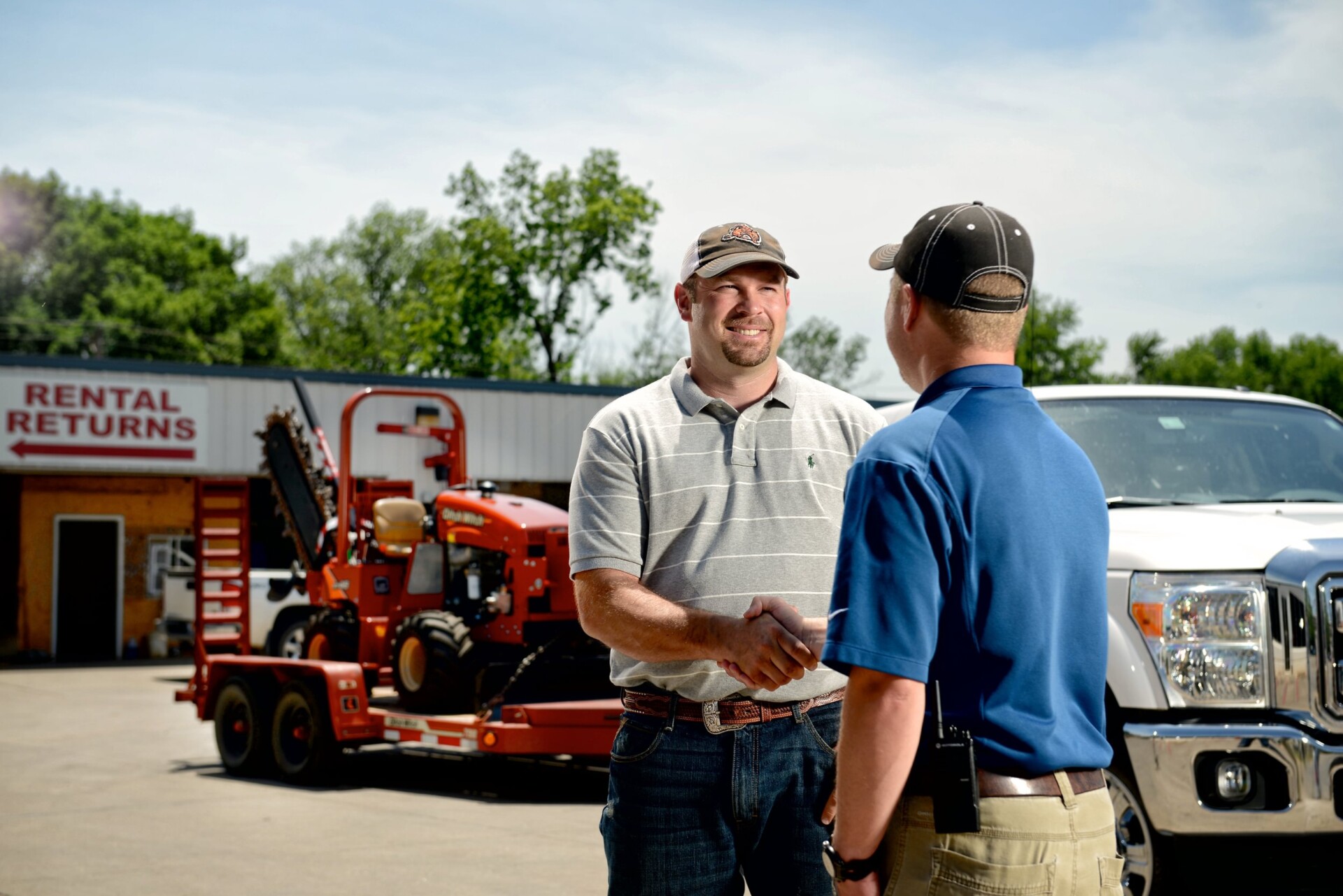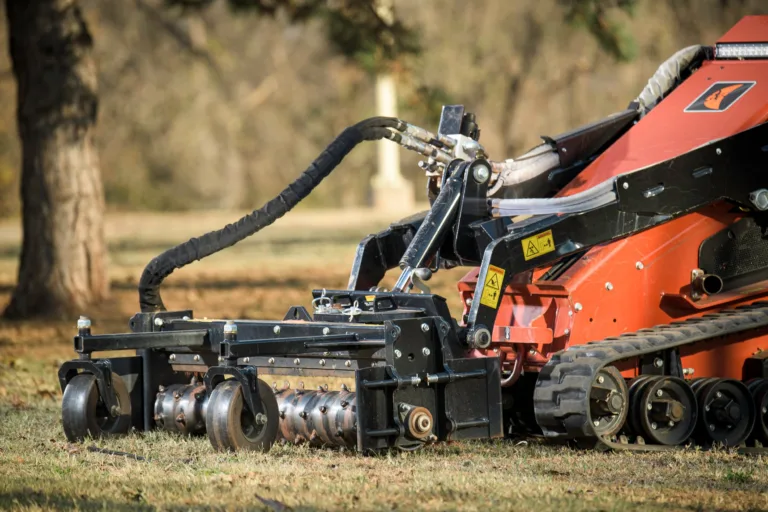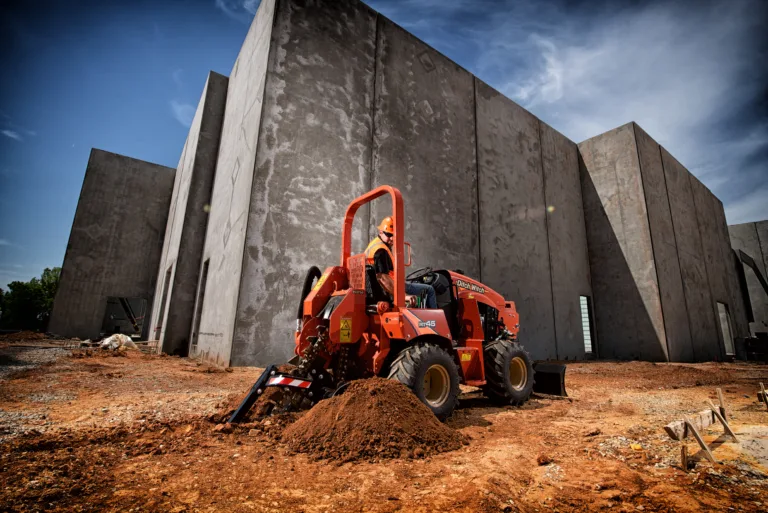Rental operators, like rental centers, need reliable equipment to maximize productivity and keep projects on schedule. In the rental industry, time is money, making efficient equipment operation essential to success.
Whether it’s walk-behind trenchers or mini skid steers, productive use of rental equipment starts with proper handling and consistent maintenance. Before tires or tracks hit the ground, rental operators should ensure everything is set for smooth operation to avoid downtime or costly repairs.
These five safety guidelines will help rental operators make the most out of their equipment and keep projects running efficiently.
Read the Operator’s Manual
Loaded with important safety and practical machine-operation information, this booklet will become every operator’s trusty sidekick on the job and in the shop. Even operators with years of experience will benefit from the quick access to an abundance of operation and maintenance reminders.
Understand Equipment Operation
Spending time on the machine before beginning work will familiarize an operator with how the controls actually work and respond. But, how much practice is enough? As a best practice, operators should feel comfortable on each machine before diving head first into operation – this time will vary from operator to operator.
Call 811
Whether operators are plotting new landscape or installing utility lines, they need to know what’s beneath the ground. And calling 811 is the first step to knowing what’s below. Additionally, attention to colored markers, such as paint and flags, showing the approximate locations of utility lines can help reduce injuries, fines and other jobsite risks.
Use Equipment Carefully
Equipment only remains productive when it’s in good working condition. Rental equipment should be inspected before the start of each day on a job to make sure it is working properly. If something doesn’t look or feel right, have the rental store make the necessary repairs before beginning work. The Ditch Witch organization has a checklist for inspecting equipment.
Think Personal Protection
When operating equipment, expect the unexpected. Always be prepared by wearing appropriate protective gear, such as safety glasses, earplugs, a hard hat, gloves and steel-toe shoes.
For a full list of safety guidelines and a collection of checklists, videos and expertise focused on equipment operation, visit http://www.ditchwitch.com/safe.






